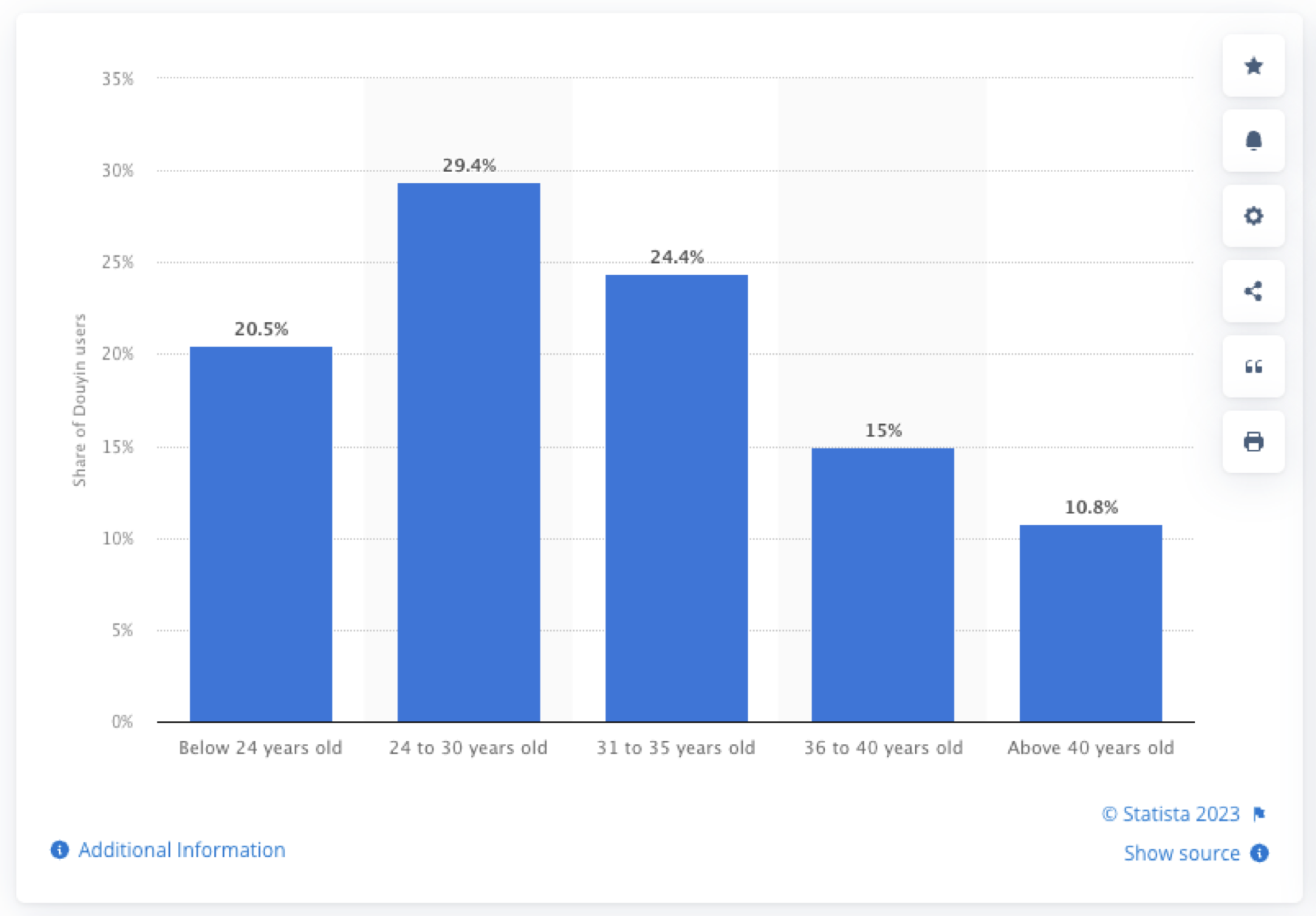¶ Studies & Statistics
¶ What it is
Many fields have already been looked at or studied by other parties who publish their research - be it public institutions or private corporations. Accessing and leveraging that existing quantitative data about certain markets, industries, and populations can help answer specific questions your research guide might bring up, which you do not have the scope or budget to address.
¶ Why it is useful
Existing knowledge is a powerful leverage of both time and resources, as well as potentially giving you insights you did not know to seek out or ask for. Leveraging the work of others allows you to spend more time asking the very specific questions you really need to address by yourself.
¶ When to use it
As a matter of course, the team should always try and seek out additional and supplemental data during an active research phase, especially as other methods bring up new ideas and questions for which there might be existing data available.

¶ How is it done
- As you conduct your research, look at broader themes of questions that address more significant trends or demographics regarding particular countries, markets, or industries. List them out.
- Regularly conduct desk research with search engines, research publications, and other relevant sources to uncover data related to your field of interest.
- Review and discuss relevant statistics and studies you find with the team, and discuss how those insights inform and influence your research.
¶ Do's & Don't
Do's
- Regularly conduct desk research.
- Utilise your data room to structure your findings and documents.
- Search broadly.
- Utilise specific publications and portals, not just Google and Baidu.
Don't
- Don’t skip your research because you find a relevant report - question the insights and information and see to what degree it complements your research.
- Don’t just take data at face value. Instead, constantly questions how the data was collected and interpreted to find hidden biases or incongruences, if any exist.
¶ Tools needed
- Access to Search Engines, Research Publications, and Statistics Portals